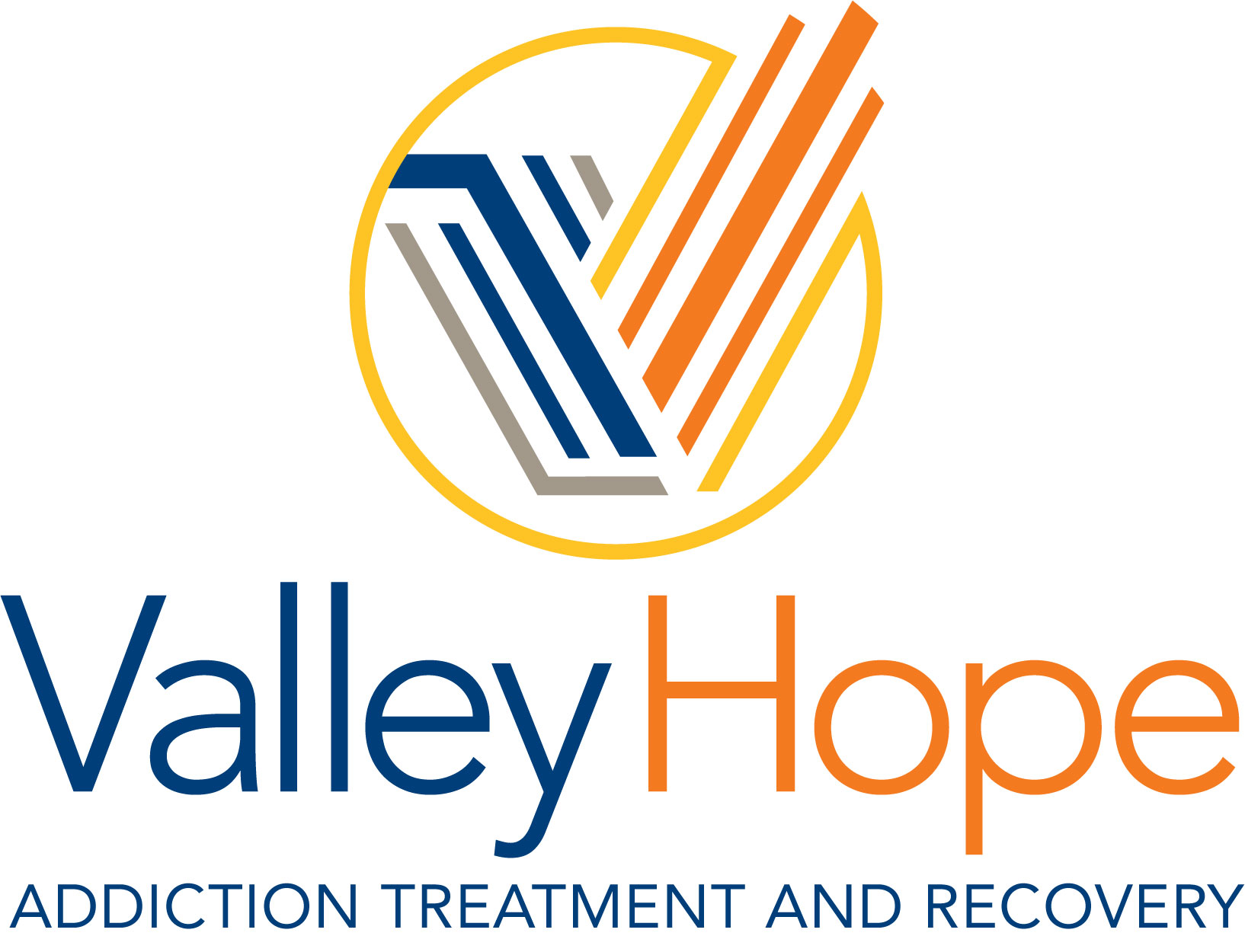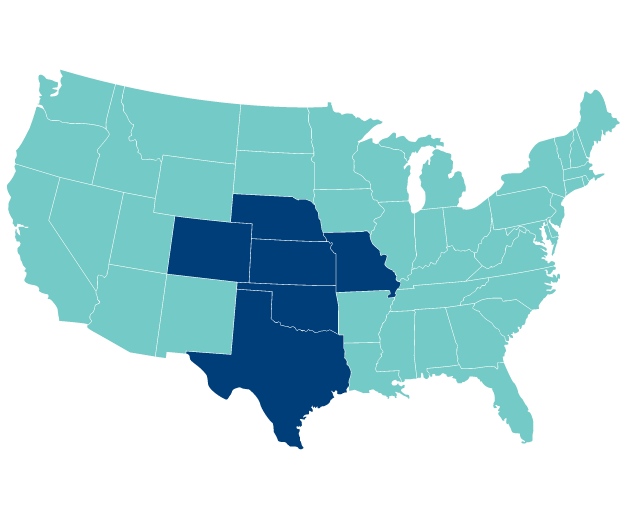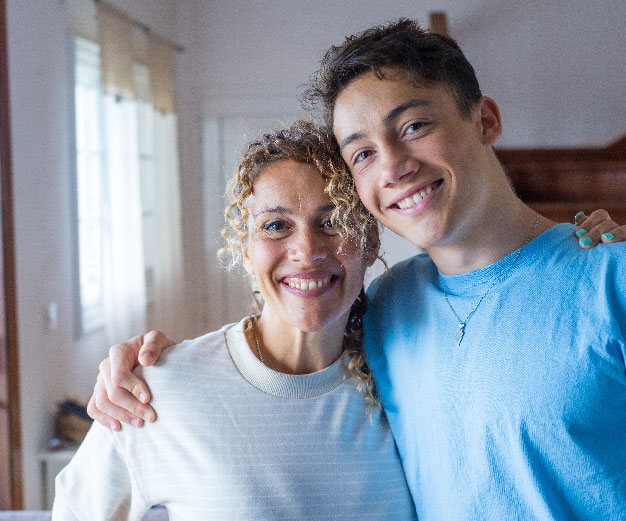CSOO is among many advocacy groups pushing for funding of treatment and recovery support services.
After an overwhelming majority of the U.S. Senate (92-2) passed the Comprehensive Addiction and Recovery Act (CARA), President Obama signed it into law on July 22, 2016.
CARA is the most expansive federal, bipartisan legislation to date for addiction support services, designating significant funding toward advancing treatment and recovery support services in state and local communities across the country. The passing of CARA includes the authorization of a total $905 million in funding over five years. Like other federal grant programs, the next step involves final approval of funding CARA through the appropriations process.
Several organizations that advocate for legislation and funding to help combat the nation’s opioid epidemic played a role in helping educate policy makers in crafting and passing CARA. Now, many of those organizations have turned their attention to ensuring CARA receives the designated funding required to meet the promise of CARA.
One of those organizations, the Coalition to Stop Opioid Overdose (CSOO), is an organization of more than 40 local, regional and national groups that focus on opioid overdose prevention policy.
CSOO engages policy makers, public health leaders, chronic pain and addiction specialists, individuals in and seeking recovery and family members, to achieve key goals that combat the opioid epidemic:
- Improving access to medication-assisted treatment for those who are addicted to opioids, including by expanding prescribing privileges to nurse practitioners and physician assistants, as well as raising the buprenorphine prescribing limit for physicians.
- Expanding availability of naloxone in health care settings and beyond, including supporting co-prescribing of naloxone with opioids for those at high risk of overdose, such as individuals with other medical conditions.
- Enhancing prescription drug monitoring programs that track the dispensing and prescribing of controlled substances.
- Raising the level of voluntary prescriber education for safe opioid prescribing.
“As passed, [CARA] authorizes, but does not fund, prevention, treatment, recovery and criminal justice programs and reforms More than 120 lives are lost each day to a drug overdose; every day that passes without dollars appropriated by Congress leaves hundreds of thousands without treatment and recovery supports and puts thousands of lives at risk,” according to a statement on CSOO’s website.
Beyond CARA, there are more than 30 bills in Congress that address the opioid epidemic. For more information about CSOO, visit stopopioidoverdose.org.






